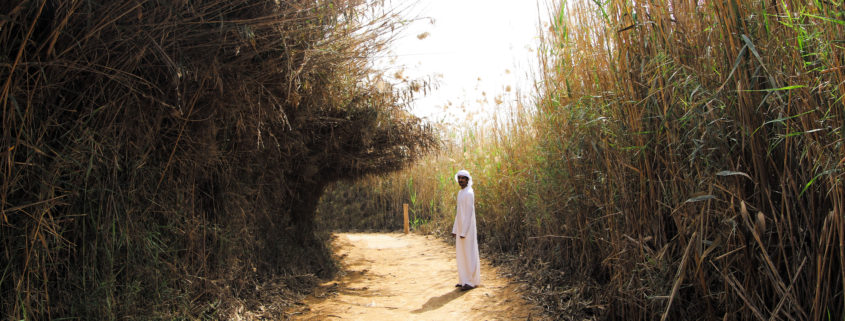
Climate change adaptation knowledge gaps pose significant barriers to successful adaptation actions. Knowledge about adaptation is growing, yet the persistence of such gaps demonstrates the need for further effort to align supply of and demand for adaptation knowledge. It also calls for a better understanding of knowledge gaps faced by practitioners and policymakers on the ground to facilitate the planning and implementation of efficient response actions at regional, national and sub-national levels.
The Lima Adaptation Knowledge Initiative (LAKI) addresses knowledge barriers that impede the implementation and scaling up of adaptation action. LAKI interventions seek to catalyze improved access to data, information and knowledge for end-users, for example, by making information available in the appropriate form for policymakers and practitioners. Facilitated science-policy-practice dialogues accompany a participatory process of knowledge gap identification, categorization and prioritization for specific subregions or thematic domains (e.g. a sector or area of vulnerability. In this way, the LAKI stimulates collaborative action to close knowledge gaps and help stakeholders adapt more effectively to the adverse effects of climate change.
The LAKI is a joint action pledge under the Nairobi work programme (NWP) between the United Nations Framework Convention on Climate Change (UNFCCC) secretariat and the United Nations Environment Programme (UN Environment) through its Global Adaptation Network (GAN).


